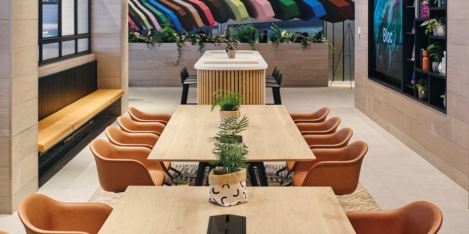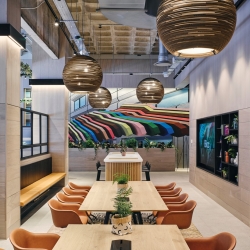March 25, 2022
The compadre of teleworking, with Jack Nilles
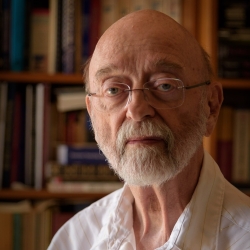 In episode four of Workplace Geeks, Chris and Ian cross seven time zones to learn from the father of teleworking and environmental activist, Jack Nilles, about the multi-disciplinary research project that led to his 1976 book ‘The Telecommunications-Transportation Trade-off: Options for Tomorrow’. Teleworking has been proven to be an effective and valued part of hybrid working solutions since the 1970s. The barriers to implementation are rarely, if ever, technological or economic: they are cultural, often specifically managerial, and always have been. Despite this, tried and tested change methodologies can overcome these challenges. Now, more than ever, we need to embrace the many benefits of teleworking, not just for organizational and personal gain, but also as part of our strategies to address the climate emergency. (more…)
In episode four of Workplace Geeks, Chris and Ian cross seven time zones to learn from the father of teleworking and environmental activist, Jack Nilles, about the multi-disciplinary research project that led to his 1976 book ‘The Telecommunications-Transportation Trade-off: Options for Tomorrow’. Teleworking has been proven to be an effective and valued part of hybrid working solutions since the 1970s. The barriers to implementation are rarely, if ever, technological or economic: they are cultural, often specifically managerial, and always have been. Despite this, tried and tested change methodologies can overcome these challenges. Now, more than ever, we need to embrace the many benefits of teleworking, not just for organizational and personal gain, but also as part of our strategies to address the climate emergency. (more…)




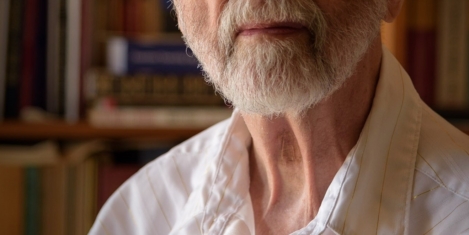
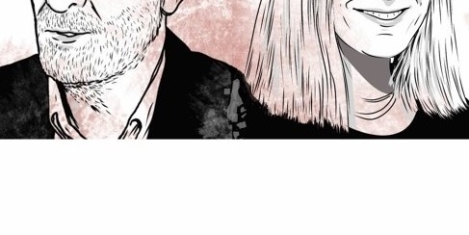
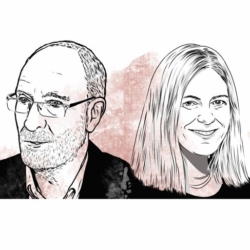






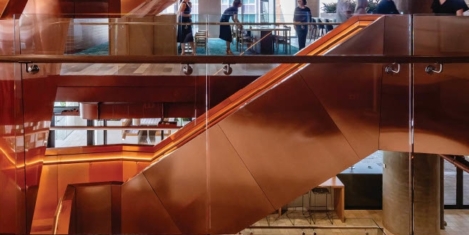
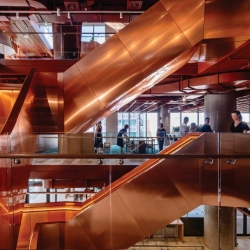 The January 2022 issue of IN Magazine is now
The January 2022 issue of IN Magazine is now 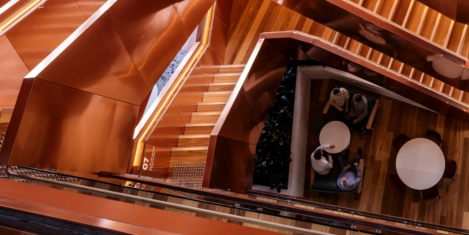






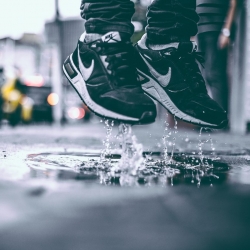 There is a classic saying which has shaped our job choices for years: “Do what you love, the money will follow.” New research suggests this may be true, although not in the way it was originally conceived. The typical logic train has suggested job interest shapes satisfaction and, in turn, satisfaction may drive better performance. However, new
There is a classic saying which has shaped our job choices for years: “Do what you love, the money will follow.” New research suggests this may be true, although not in the way it was originally conceived. The typical logic train has suggested job interest shapes satisfaction and, in turn, satisfaction may drive better performance. However, new 
 Architects and designers have always a had a thing for door handles. It’s the kind of detail they like and one of the most genuinely tactile features of a building. Architects from Frank Gehry to Zaha Hadid have worked on the designs of door handles for manufacturers.
Architects and designers have always a had a thing for door handles. It’s the kind of detail they like and one of the most genuinely tactile features of a building. Architects from Frank Gehry to Zaha Hadid have worked on the designs of door handles for manufacturers. 